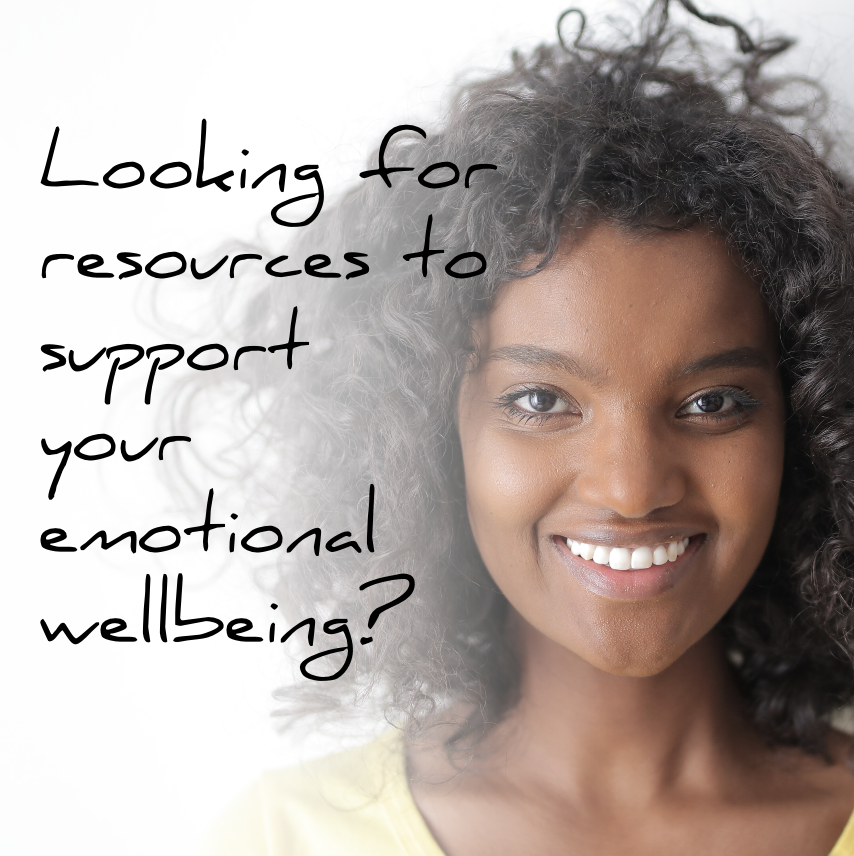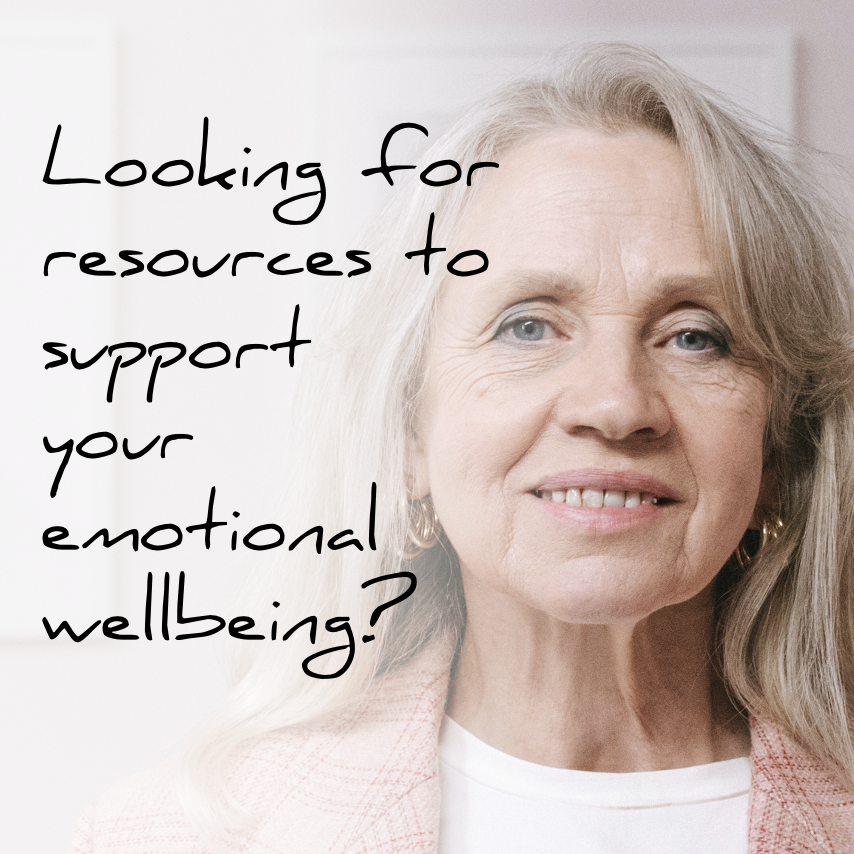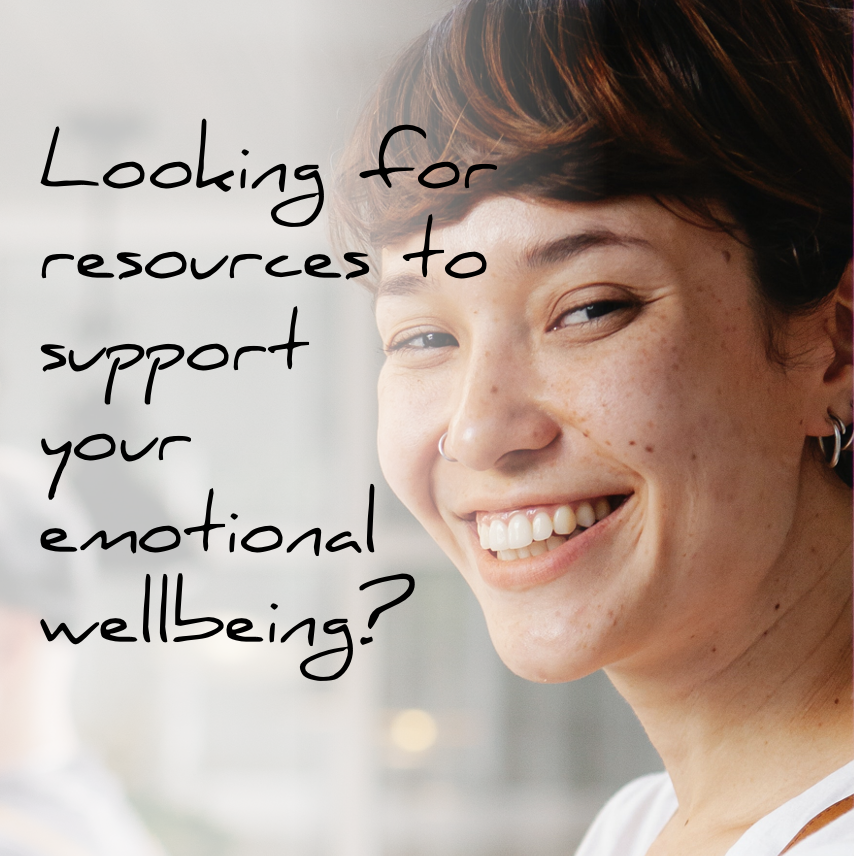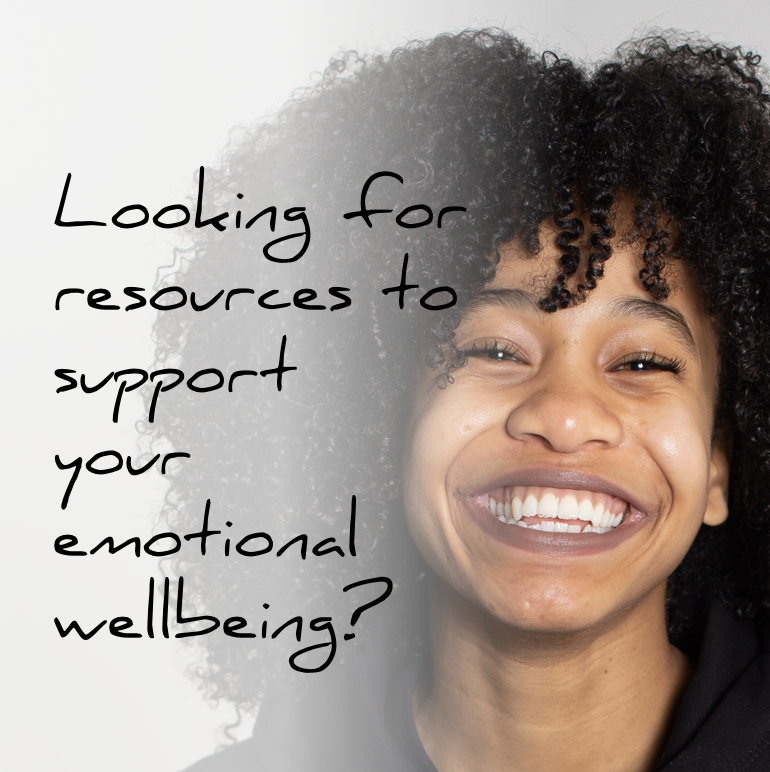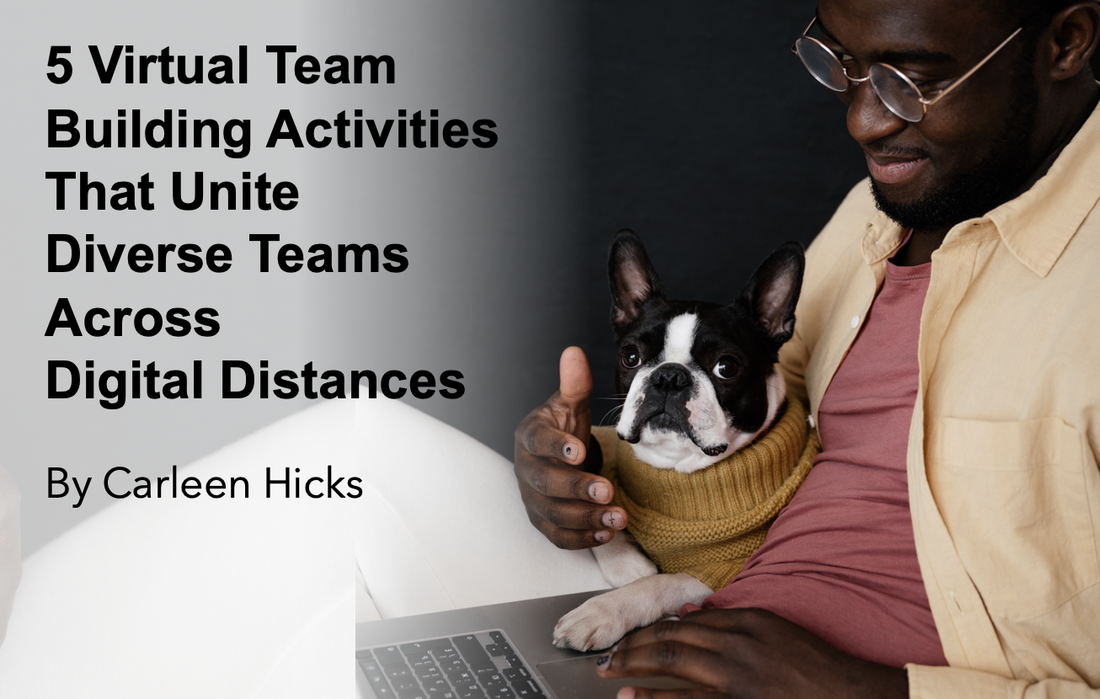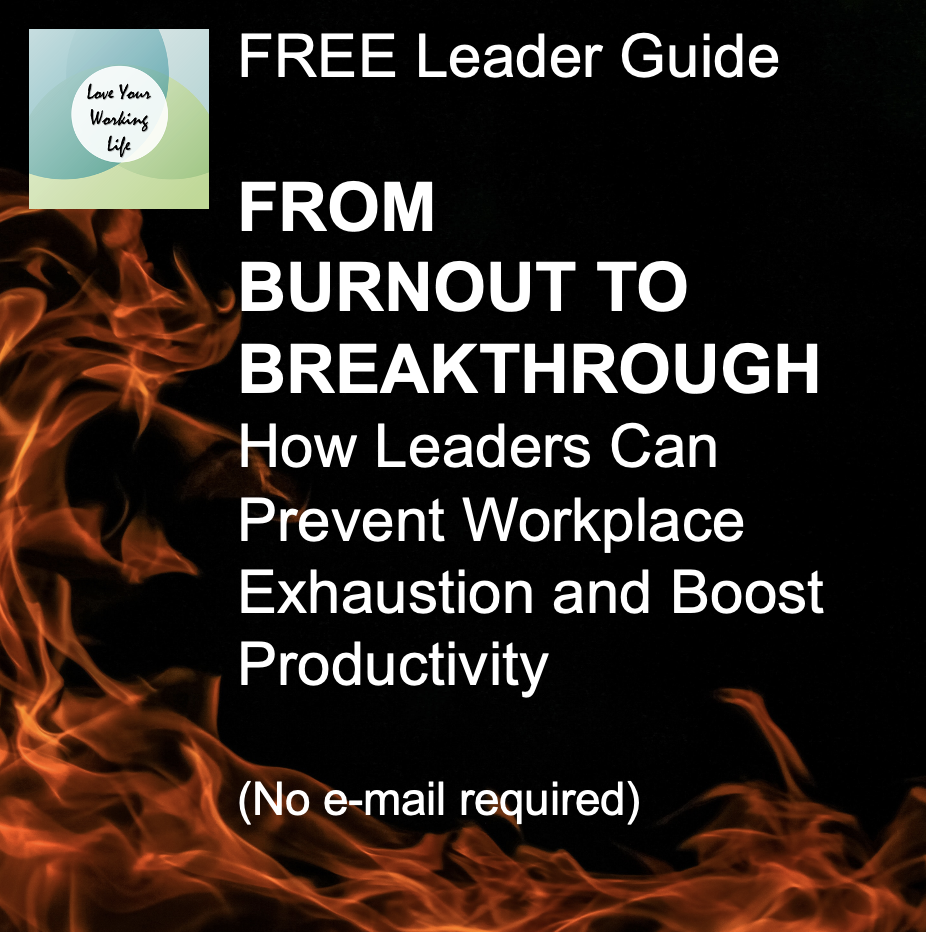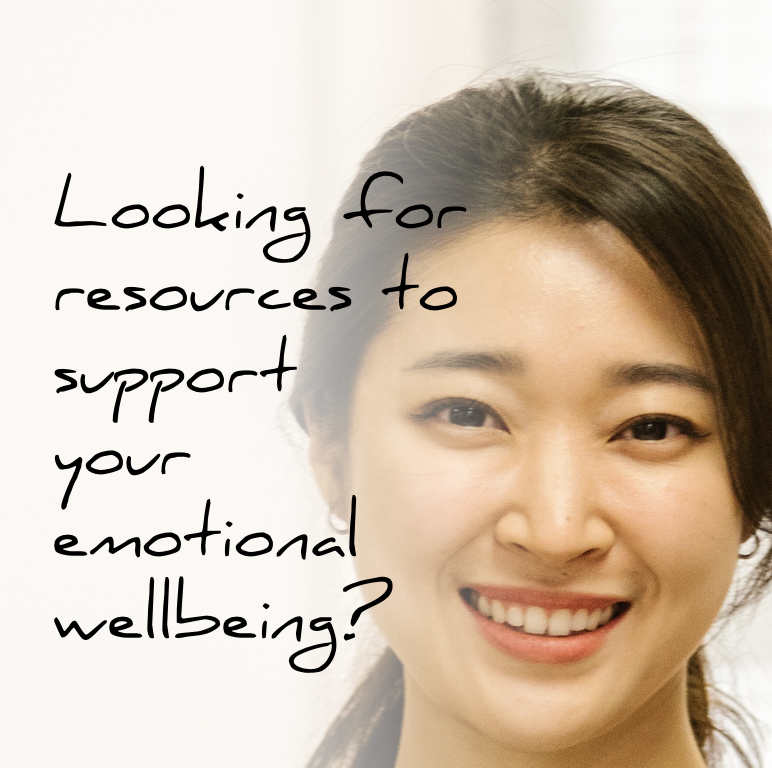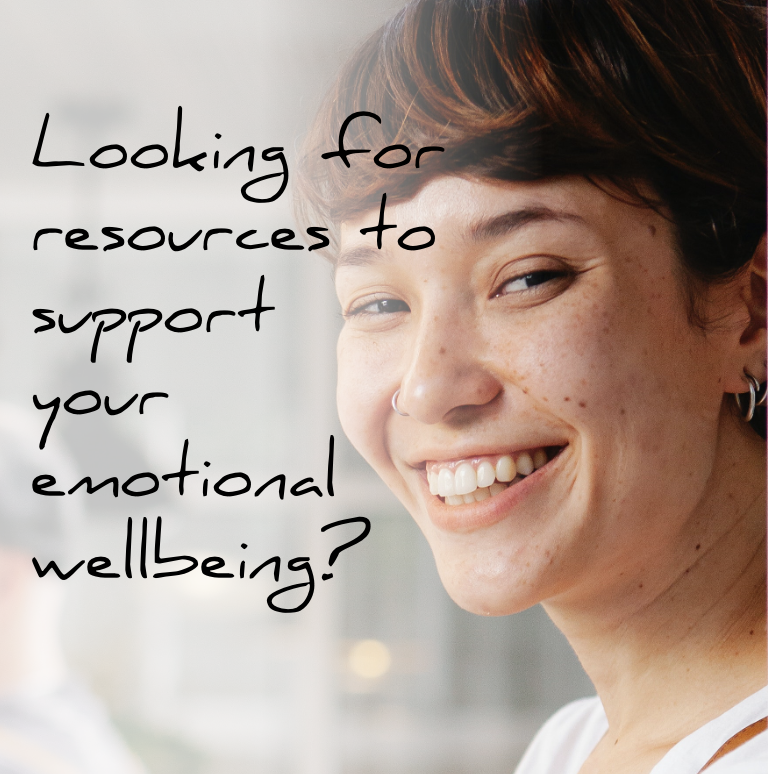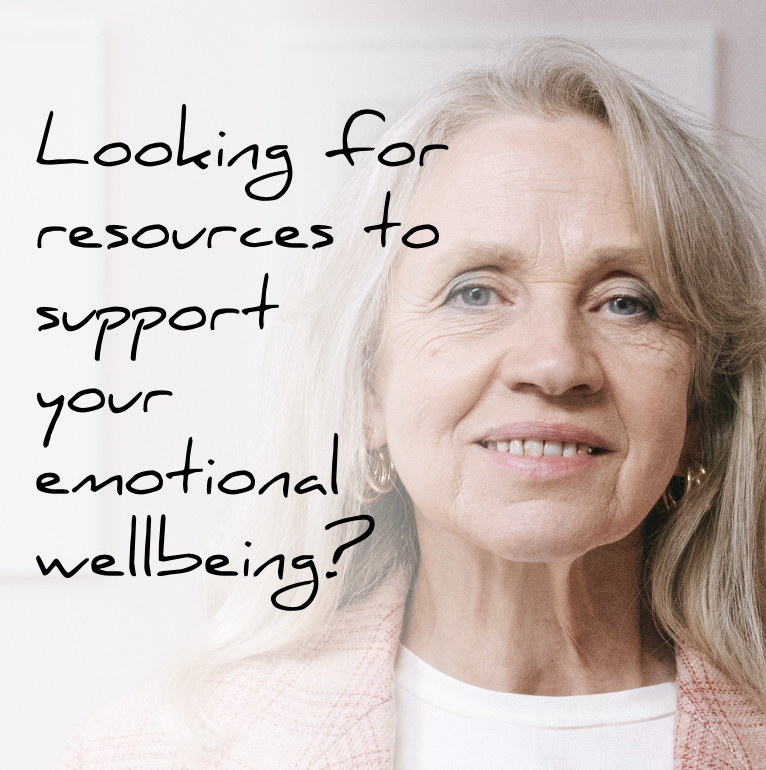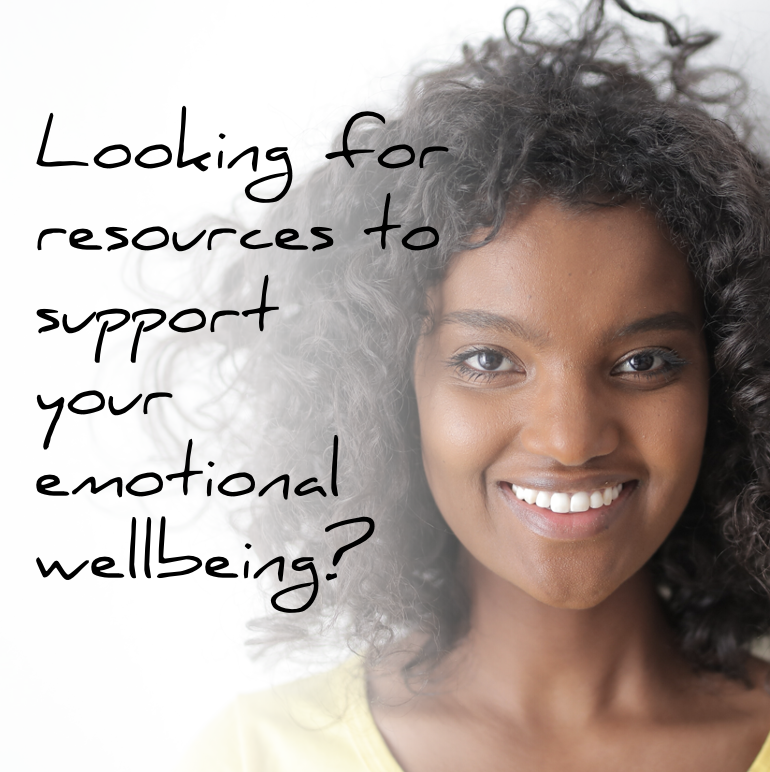Navigating Work-Life Sustainability: Thriving in an Organization that Disregards Boundaries9/8/2023 Let's talk about an issue that many of us face in the corporate world - negotiating work-life sustainability in an organization that seems to have a blind spot for boundaries. We all know how crucial it is to strike a balance between our work and personal lives, but it can be challenging when the company culture doesn't value this aspect as much as it should. So, how can you effectively manage the stress of defending your boundaries while fostering a win-win solution that supports both business success and our wellbeing? I’ve got you, let's jump in!
Negotiating work-life sustainability in an organization that doesn't value boundaries can be challenging, but it's not impossible. By recognizing your value, gathering data, finding common ground, testing a boundary, proposing trial periods, forming a support network, and remaining resilient, you can advocate for your well-being and ultimately support business success. Remember, a balanced and fulfilled employee is an asset to any organization, and it's up to you to communicate this message (and role model it) effectively. Use these strategies to find the perfect harmony between work and life!
0 Comments
Hey there, fellow commitment junkies! Let's take a moment to talk about something that affects all of us at work but often goes unnoticed: emotional energy. We all know how draining work can be, and it's crucial to understand what depletes our emotional energy and how we can tackle it head-on to thrive in our professional lives. So, let's dive in! First off, emotional energy is the precious fuel that drives our performance and overall wellbeing, which is why it’s so important to know what depletes your emotional energy. That list can be long, my friend. Constant pressure, tight deadlines, interpersonal conflicts, an absence of interesting work, excessive workload, and even the lack of work-life sustainability are just a few culprits that can leave us feeling emotionally drained at the end of the day. Imagine this: You have a tight deadline for an important project, and you've been working non-stop, sacrificing quality time at home and social activities with friends. It's like a ticking time bomb for your emotional energy. Meaning, one day, you might find yourself snapping at your colleagues or feeling overwhelmed by minor setbacks. I’m writing from experience here; it’s happened to me more often than I’d like to admit! But I’ve learned there are things we can do to support our emotional health and I’m sharing them here. Anticipating and planning for circumstances that deplete your emotional energy is crucial for maintaining healthy work-life sustainability and thriving at your job. so, let's talk strategies!
Know that your emotional energy is precious, and taking care of it should be your top priority. By anticipating and planning for circumstances that deplete your emotional energy, you can reduce the impact and truly thrive at work. So, consider how you’d like to use these strategies for yourself to create a workplace where both success and emotional wellbeing live well together. You deserve nothing less!
Hello, hello, hello! Today I want to take us into uncharted territory. Let’s talk about something none of us were taught in school: knowing how to name an emotion. This one simple step holds the keys to unravelling emotional health at work, because feeling things you may not want to feel is one of the significant challenges many professionals face (especially at work). Emotions can be complex and nuanced, making it challenging to put them into words, so here are some helpful tips on how to effectively name your emotions:
Naming your emotions takes practice and patience, but it's a skill that can significantly improve your work experiences and overall emotional health & hygiene. Identifying and naming your emotions is like a GPS for your emotional wellbeing. When you can pinpoint what you're feeling, it's like shining a light on the unknown, making it less intimidating. It gives you a sense of control and clarity in the emotional chaos. Moreover, it allows you to communicate your needs effectively, whether to yourself or others, fostering healthier relationships. Emotions are like messengers; naming them helps you understand their purpose. It's like deciphering a secret code, giving you insights into what's bothering you or bringing you joy. This self-awareness is the cornerstone of emotional intelligence, which contributes significantly to mental health. When you can navigate your emotions, you're better equipped to manage stress, make informed decisions, and ultimately, lead a more balanced and fulfilling life. Embrace the journey of self-discovery, and with time, you'll become more adept at identifying and expressing your feelings, paving the way for a more fulfilling and balanced professional life.
Hey there, fellow remote work warriors! The fact that our work environment has undergone a massive transformation in recent times, is no longer news. However, trying to capture workplace joy and emotional satisfaction with this way of working has put up more of a challenge than first anticipated. When we moved to virtual/hybrid work we took with us our current work-based relationships. But over time (and as people move on to different projects and roles) you may lose touch with those work colleagues with whom you were familiar and comfortable. Now you may face the daunting task of building new relationships (or trying to maintain established ones over time and distance). It’s a clear case of how absence does not necessarily make the heart grow fonder. With virtual and hybrid setups being the norm (even when you need to be in the office 2-3 days a week), building meaningful relationships with co-workers may seem like a daunting task. But fear not, because I'm here to spill the beans on how to foster those connections and why it's crucial for your emotional and mental wellbeing. In the virtual or hybrid workspace, gone are the days of spontaneous over-the-cubical chats or team lunches. But that doesn't mean you have to sacrifice the camaraderie and support that comes with in-person interactions. Here's how you can forge strong relationships and the reasons why doing so is an advantage for your emotional and mental health: Embrace Virtual Water Coolers: In a physical office, the water cooler is where the magic happens – casual conversations, laughs, and bonding. In the virtual world, this magic spot is usually a chat channel or a virtual hangout room. Embrace it! Drop in, say hello, share a laugh - these informal interactions help build rapport. Schedule Virtual Coffee Breaks: Just because you're not sitting next to each other doesn't mean you can't enjoy a coffee break together. Set up virtual coffee sessions with colleagues to chat about non-work-related topics and strengthen your connections. Be an Empathetic Listener: In virtual or hybrid setups, it's vital to be an attentive and empathetic listener (either on the phone, or with video-on). When someone shares their thoughts or experiences, be genuinely engaged, and show that you care. Your support can make a world of difference in their day. Participate Actively in Virtual Meetings: It's easy to zone out during virtual meetings, but resist the urge to multitask. Active participation shows your commitment to teamwork and helps you understand your colleagues better. Organize Virtual Team-Building Activities: Get creative with virtual team-building activities! From online games to virtual escape rooms, organizing these events fosters a sense of togetherness and fun (Need some help? Here's my top 5 suggestions for virtual team building). Share Celebrations and Milestones: Don't let distance prevent you from celebrating achievements and milestones. Recognize your co-workers' accomplishments and join in their joys to strengthen your bond. Foster a Culture of Recognition: Give praise and recognition freely when your co-workers excel. A culture of appreciation uplifts everyone's spirits and promotes a positive atmosphere. Doing it consistently means people won’t think you’re just “being nice”, they’ll know you really mean it. Create Virtual Watering Holes: Set up social platforms for your team, like Slack channels or Microsoft Teams groups, where colleagues can share hobbies, interests, and inspirations outside of work. Offer Support and Help: In a virtual or hybrid environment, it's essential to offer assistance to colleagues in need. Whether it's work-related guidance or a listening ear during challenging times, being supportive builds trust and rapport. Now, let's talk about why nurturing these virtual connections is crucial for your emotional and mental health:
Building and maintaining relationships with co-workers in a virtual or hybrid working environment requires a little extra effort, but it's well worth it. The emotional and mental health benefits of having a supportive work community are immeasurable. So, let's embrace this new era of work and create a virtual haven of camaraderie and understanding. Cheers to forging virtual vibes that last!
Hey there, virtual team warriors! In the realm of remote work, we all know how challenging it can be to foster team unity when we're spread across different locations, even time zones and continents. But fear not! I've got your back with five fantastic virtual team building activities that can bridge the gaps and strengthen your team's bond, even when everyone has unique social interaction needs.
So, there you have it—five fabulous virtual team building activities designed to bring your diverse team together, no matter their social interaction preferences. Embrace the differences, celebrate each team member's uniqueness, and watch your virtual team grow into an unstoppable force! Happy team building!
We all know the daily grind can be exhausting, but have you ever stopped to ponder the difference between physical energy and emotional energy? While both play crucial roles in your life, it's essential to understand how they vary and how you can support your emotional energy to thrive in the hustle and bustle of a busy workplace. So, let's break it down. Physical energy is what keeps your body going, allowing you to carry out tasks, endure workouts, and run errands. On the other hand, emotional energy is more intangible - it's the fuel that drives your motivation, resilience, and ability to cope with stress and challenges. Picture this: You may have had a good night's sleep, a healthy breakfast, and a strong cup of coffee to power you through the day physically, but if your emotional energy is drained, you might still feel like a deflated balloon. Feeling familiar? Emotional energy doesn’t get the love that physical energy does, meaning this isn’t taught in health class or talked about nearly enough to ensure emotional energy enjoys the same awareness and priority as physical energy. Yet, we need both to thrive. So, here are some tips to boost and maintain your emotional energy, even amidst the craziness of a busy workplace:
Remember, it's not just about surviving the busy workplace; it's about thriving in it. By nurturing your emotional energy, you'll find yourself better equipped to tackle challenges, maintain a positive outlook, and build lasting connections with your colleagues. So, let's raise a cup to emotional well-being and support our work lives to become more fulfilling and successful! Cheers!
Anytime you choose to do something new there is a learning curve, and the word “curve” is deceiving. But if it was called learning “chaos” even fewer people would opt in. Yet, that chaos is something that’s incredibly valuable to your development as a human. It helps to know it’s coming so you’re ready to embrace the inevitable messiness as you step outside your career comfort zone. This is a lesson I keep learning and re-learning throughout my own career, most recently when I completed the first draft of my book, exploring how to care for your emotional wellbeing in an environment where you don’t always have control and influence - work (it’s coming out in early 2024). I needed to submit my first draft to my writing coach this week and I was so afraid of rejection that it took me 3 hours to hit send. I needn’t have worried, but in my fear of the unknown I did forget the cardinal rule of doing something new – you have to take a calculated risk. It's hard doing new things for many reasons. In any endeavor famous humans undertake, we get the “well-dressed” version of their path to success (via social media). You know, the one where there was lots of support, natural talent, commitment, etc. and everything culminated in success (whether it’s a movie, a successful business or a best-selling book). No one talks about the chaos, the self-doubt, the things that needed to be experienced, screwed-up and re-learned. But the mess is so important, because without mess, there is no success. So here are some things to help you embrace the messiness of doing something new that’s crucial for your career growth and success.
Embracing the messiness of doing something new in your career is an essential part of personal and professional development. It allows for growth, learning, and innovation. So, step into the unknown with courage, embrace the chaos, and watch as your career unfolds in unexpected and fulfilling ways. My book will be published in 2024 because I’m willing to see its potential through its current raw and messy state. I’m driven to see it succeed not just for my career, but for everyone who wants to surpass the unnecessary challenges to their wellbeing that a modern workplace can present. Is a new career journey easy? Nope. Is it worth it? Absolutely. Push past the chaos, you’ll have no regrets.
I want to tackle a sensitive topic that’s happened to all of us at one point or another. You wake up one morning, and that once-burning flame of excitement and motivation for your job has flickered out. The spark that once ignited your drive seems like a distant memory. Let's get honest; we've all been there (myself included). This is what it feels like when you've lost that loving feeling at work, and it can be very disturbing (even downright scary). But hang tight! Today, we're going to explore some practical steps to help you reconnect with your role and find that passion again.
Losing that loving feeling at work is a common phenomenon, but it doesn't have to be a permanent state. By reflecting on your past, seeking new perspectives, setting goals, expanding your skills, embracing change, and finding meaning outside of work, you can reignite the fire within and rediscover your passion. Remember, your role can evolve, and you have the power to shape it into something meaningful. So, take control, and make every day at work an opportunity for enjoyment, growth and fulfillment. You've got this!
I’ve been reading a lot about a topic that affects many of us at work: perception bias. It's like a sneaky storm that can wreak havoc on your life, especially if you’re already grappling with various challenges (personal or professional). Moreover, when combined with the symptoms of burnout, it can create a toxic cycle that makes it even harder to find joy and satisfaction in your professional life. So, buckle up as we navigate our way through this perfect storm together! Picture this: you're going through a tough phase in your life - be it personal or professional. You're overwhelmed, stressed, and struggling to keep up. Now, add perception bias to the mix. It's a phenomenon where our brains filter information based on preconceived notions, stereotypes, or beliefs. This means that we may interpret situations, feedback, or even people's intentions in a way that confirms our existing biases. When we're already struggling, this bias tends to amplify negative experiences, leading to a downward spiral of dissatisfaction and discontentment. Perception bias can go both ways, meaning your manager/colleagues may (knowingly or unknowingly) attribute your unusual quietness, a low mood or unhappiness to lower performance without there actually being a performance dip (read more on that here). It can create a perfect storm that makes everything just that much harder. Wait, there's more! Enter burnout, that all-too-familiar state of emotional, mental, and physical exhaustion resulting from prolonged stress. Burnout can magnify perception bias (for you and/or your manager and colleagues) and make it even harder to feel good about your work (or recover from the blues). When you’re burnt out, your emotional resilience takes a hit, and you’re more likely to interpret situations through a negative lens. You may feel unappreciated, overwhelmed, and resentful, fueling the perception bias that everything is going wrong, giving off signals at work that can be misinterpreted, leading to a vicious cycle. So, what can you do to break free from this perfect storm? As a professional, there are powerful strategies you can employ:
Perception bias at work can be a formidable force, especially when you’re already struggling. When combined with burnout, it can further intensify negative experiences and make it harder to find joy in your professional life. By being aware of your biases, seeking support, and prioritizing emotional self-care, you can weather this storm and create a positive work environment for yourself and those around you. Stay resilient and remember, making yourself a priority isn’t selfish, it’s a necessary part of emotional self-care!
We've all had those days when we wake up feeling less than enthusiastic about going to work. Maybe it's the Monday blues or personal concerns weighing you down. It happens to everyone from time to time. However, have you ever stopped to consider how your mood at work may influence your manager's perception of your performance? It's something to consider as managers tend to attribute greater performance to employees who exude positivity and happiness, while assuming lower performance from those who don't exhibit such overtly positive body language and facial expressions. But is this perception always accurate? And what can professionals do to address this issue without having to fake happiness? Let’s explore what you can do to control the narrative of your performance, without having to fake-happiness every day. Perception Bias It's no secret that managers, like everyone else, are susceptible to perception bias. Human beings naturally gravitate toward positive emotions and behaviors. Consequently, managers often associate positive attitudes with high performance and view individuals who display such positivity as more competent and engaged. On the other hand, employees who don't explicitly exhibit positive body language and facial expressions may be perceived as less competent or disengaged, regardless of their actual performance. Debunking the Myth It's crucial to recognize that your emotional state doesn't always reflect your true abilities or dedication to your work. You know that even though you may not be always be outwardly enthusiastic, you are still a highly productive, skilled, and committed employee. The key lies in challenging potentially biased perceptions and focusing on objective measures of performance. Reference your impact and productivity at work using objective, measurable guides when speaking about your day or work with your manager. Managers sometimes need to be reminded that true performance is based on concrete deliverables, quality of work, and overall outcomes, rather than subjective interpretations of a person's mood. Addressing the Issue Strategically As professionals, it's important to find ways to address this perception bias without compromising your authenticity or faking happiness. Here are some strategies to consider:
While it's unfortunate that managers may rely on mood to evaluate performance (consciously or unconsciously), it's important to challenge this bias and shift the focus to objective measures of productivity and outcomes. By cultivating open communication, showcasing results, seeking feedback, building relationships, and practicing emotional self-care, you can navigate the workplace without having to fake happiness while still being recognized for your true capabilities. Remember, it's not just about being happy at work; it's about being competent, dedicated, and delivering exceptional results.
|
|
|


